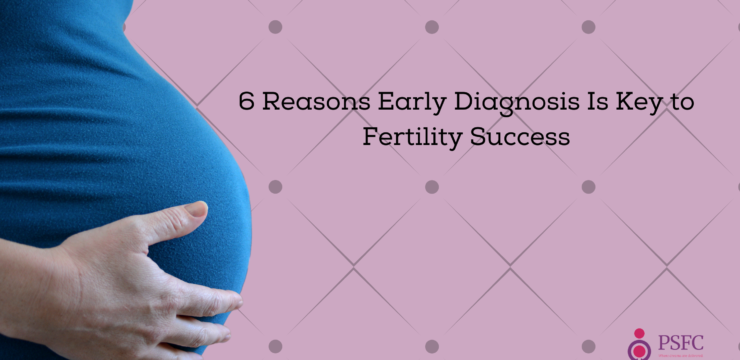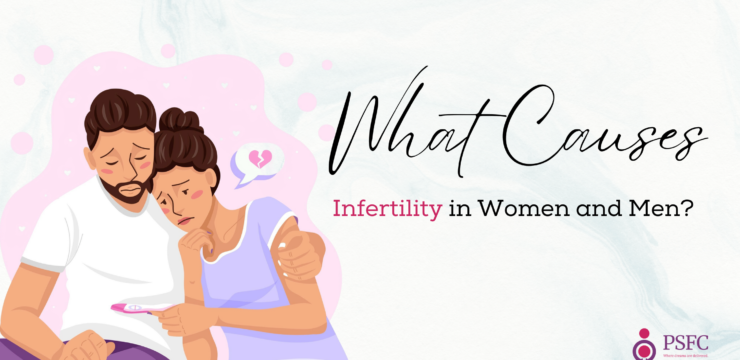When you’re considering fertility treatments, there are various paths you can take.
Intrauterine Insemination (IUI) is one option that has helped many individuals and couples achieve their dream of parenthood.
But how do you know if IUI is the right choice for you?
In this article we will explore IUI in-depth, breaking down the process, benefits, risks, and how it compares to other fertility treatments so that you can make an informed decision.
What is IUI? Understanding the Basics
Intrauterine Insemination, commonly known as IUI, is a fertility treatment where sperm is directly placed into the uterus during ovulation. This procedure increases the chances of fertilization by bringing the sperm closer to the egg.
IUI is often considered a simpler, less invasive, and more affordable fertility treatment compared to options like In Vitro Fertilization (IVF). However, it’s not suitable for everyone, and understanding its benefits and limitations is key to making the right choice.
How Does IUI Work?
IUI involves several key steps:
- Preliminary Testing and Preparation: Before the procedure, both partners undergo testing to assess their fertility health. This typically includes sperm analysis, ovulation tracking, and blood tests.
- Ovulation Monitoring: The timing of the procedure is crucial. In most cases, a woman will take medication to stimulate ovulation and monitor her cycle closely.
- Sperm Collection and Preparation: Sperm, either from the partner or a donor, is collected and processed in a lab to concentrate the healthiest sperm.
- Insemination Procedure: The prepared sperm is then inserted into the uterus using a thin catheter. This is a quick, relatively painless procedure that takes only a few minutes.
- Post-Procedure Care: After the procedure, patients are usually advised to rest briefly and can then resume normal activities.
The simplicity and low invasiveness of IUI make it an appealing option for many people.
Benefits of IUI
IUI can be effective in certain cases of infertility. Here’s a look at when IUI might be a suitable option:
- Mild Male Infertility: IUI can help in cases where sperm motility or count is slightly below average. By directly placing sperm into the uterus, the procedure improves the chances of fertilization.
- Unexplained Infertility: For individuals or couples with no identifiable cause for infertility, IUI may increase the chances of pregnancy.
- Cervical Factor Infertility: Sometimes, the cervical mucus can prevent sperm from reaching the egg. IUI bypasses this barrier, allowing sperm to be placed directly in the uterus.
- Single Parents and Same-Sex Couples: IUI is a commonly chosen option for individuals and couples using donor sperm.
Risks and Limitations of IUI
While IUI is generally safe, it’s essential to be aware of the potential risks and limitations. Here are a few to consider:
- Risk of Multiple Pregnancies: In cases where ovulation-stimulating drugs are used, there’s an increased chance of multiple pregnancies (twins, triplets, etc.), which can bring added health risks for both the mother and babies.
- Mild Discomfort: While IUI is typically painless, some individuals may experience mild cramping or spotting after the procedure.
- Lower Success Rate for Older Patients: IUI has higher success rates among younger women. For individuals over 35 or with certain fertility conditions, IUI may not be as effective.
- Not Suitable for Severe Infertility Issues: If there are severe issues such as blocked fallopian tubes, severe male infertility, or a history of unsuccessful fertility treatments, more advanced treatments like IVF may be recommended.
Comparing IUI with Other Fertility Treatments
For those exploring fertility treatments, comparing IUI with other options, such as IVF, can be helpful in deciding which treatment is best suited for their unique needs.
- IUI vs. IVF: IVF is more complex, involving egg retrieval, fertilization outside the body, and embryo transfer, which generally has higher success rates. However, it’s also more invasive and expensive.
- IUI vs. Natural Conception: IUI offers a slightly higher chance of conception compared to natural methods for those with certain fertility challenges, as it bypasses some barriers that might hinder fertilization.
- Affordability and Accessibility: IUI is generally more affordable and accessible than IVF, which makes it appealing for those who wish to try a less costly option first.
Choosing between IUI and other treatments often depends on factors like age, fertility health, financial considerations, and overall family planning goals.
Is IUI Right for You? Key Factors to Consider
To determine if IUI is a suitable option for you, here are some factors to consider:
- Age and Health: IUI tends to have higher success rates for younger individuals. If you’re over 35, a fertility specialist might suggest moving directly to IVF, depending on other health factors.
- Cause of Infertility: IUI is recommended for cases where infertility is unexplained or due to mild male infertility, cervical issues, or other factors that don’t require more intensive intervention.
- Personal Goals and Preferences: Consider the costs, time, and emotional investment involved. For some, starting with IUI as a less invasive approach might be ideal, while others may prefer the higher success rates of IVF.
Ultimately, consulting with a fertility specialist can provide personalized guidance based on your unique circumstances.
Conclusion
Deciding on the right fertility treatment can feel overwhelming, but understanding your options and weighing the pros and cons is an essential first step.
IUI is an effective, accessible choice for many individuals and couples, especially those dealing with specific types of infertility.
However, it’s important to work closely with a fertility specialist to determine the best course of action based on your personal needs and circumstances.
By doing so, you can make confident, informed choices on your journey to parenthood.
At Pearl Singapore, we help people in choosing the best option that is suitable for their body, and that’s why we are known as the best IUI treatment in Chennai.
Frequently Asked Questions (FAQs)
- How successful is IUI on the first try?
Success rates vary, but typically range between 10-20% per cycle, depending on factors like age and health.
- What are the common side effects of IUI?
Some may experience mild cramping or spotting. In rare cases, medications used to stimulate ovulation can cause ovarian hyperstimulation syndrome (OHSS).
- How many cycles of IUI should I try?
If IUI is unsuccessful after 3-6 cycles, your doctor may recommend exploring other options, such as IVF.




